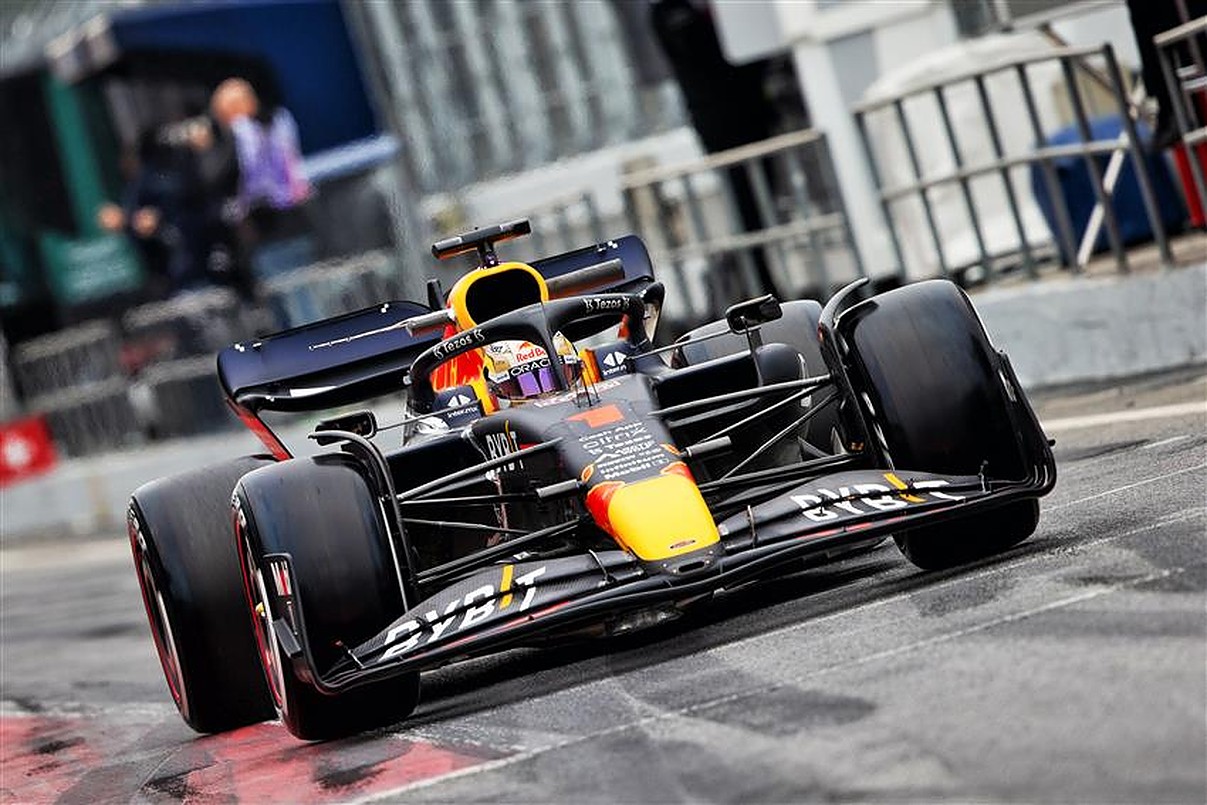Red Bull team principal Christian Horner believes that greater subsidies should be on offer in Formula 1 for new engine manufacturers from 2026.
Red Bull are the subject of a proposed engine deal with Porsche who, with the permission of Volkswagen, will join Audi in entering the pinnacle of motorsport in 2026.
Audi are reportedly set to table a bid to buy McLaren, while Porsche will enquire about supplying the Milton Keynes side at the end of the current engine freeze.
READ: Binotto reveals why Ferrari won’t bring any upgrades to Imola
Red Bull extended their deal with Honda at the beginning of 2022 that sees their powertrains designed and manufactured in Japan for the next four seasons, after which they will either make their own engines out of their newly-built factory in Milton Keynes, or they will welcome in Porsche’s engineers to do that for them.
It can be tricky for new engine manufacturers to get off the ground in F1, particularly against the likes of Ferrari, Renault and Mercedes, who have been constructing powertrains for many years.
So to compensate this, the framework reportedly offers an allowance of $15 million in the first three years to new manufacturers, while another $15 million is made available for capital expenditure projects and extra dyno time.
From a perhaps cynical perspective, greater amounts of money put on the table for new manufacturers would suit Red Bull perfectly when they begin sourcing their power from elsewhere, but Horner does not believe that the total of $30 million is enough for new providers.
“It’s modest hours, and it’s a modest, I think, $10mn in the first two years and $5mn in the third year as an allowance for a newcomer,” he told The Race.
“The thing that is the most restrictive that needs to be looked at is from a CapEx perspective because essentially, there’s only $15m worth of capital expenditure allowed on equipment from when the cap comes in.”
Given the experience Res Bull’s rivals have and the $140 million budget cap the teams are working with – which will likely also decrease in the coming years – the 48-year-old is adamant that the rules need changing.
“Now when you look at our competitors, that in some cases have obviously had 70 years of investment on the engine side, to think that you can have a facility fully operational and equipped within the next eight months is unrealistic,” he explained.
READ: ‘Patently ridiculous’: Source slams Haas for refusing to return sponsorship payment
“I think that’s something that needs to be looked at.”
Though Red Bull’s current engines are branded as their own, the fact that they are still manufactured by Honda means that the four-time constructors’ champions will be newcomers in 2026, meaning that they too would be entitled to the subsidies.

